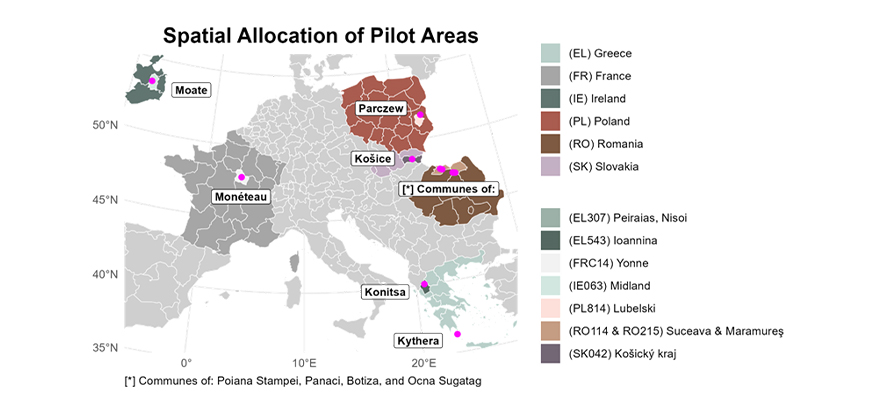ARX.NET
Founded in 2001, Arx.Net SA is a Greece-based SME powered by over 110 skilled software engineers, marketing specialists, and UI/UX experts. The company designs and develops cutting-edge software, applications, and services for Telecom, Video, Gaming, and Banking industries. A leader in cloud-based solutions, family security apps, cross-platform TV development, and end-to-end multi-platform service delivery, ARX.NET also operates white-label platforms for Telecom Service Providers, enabling them to differentiate, boost customer loyalty, and generate new revenue streams. With a strong focus on Research & Development, ARX.NET explores cloud services, big data, AI, mobile tech, security, customer insights, TV streaming, AR/VR, and IoT projects, driving continuous innovation in digital transformation and next-gen technology solutions.
As a key technical partner, ARX.NET contributes to the design and implementation of the Rural Social Inclusion Policy Dashboard, integrating data from territorial typologies, service atlases, and policy recommendations into a user-friendly platform. Additionally, ARX.NET supports the development of the Services and Social Economy Atlas on Rural Empowerment, which maps and categorizes social economy initiatives across rural Europe. The company also plays a crucial role in building and sustaining Smart Village Labs, facilitating user innovation, and ensuring the long-term sustainability of these community-driven hubs.
WEBSITE URL
arx.net




